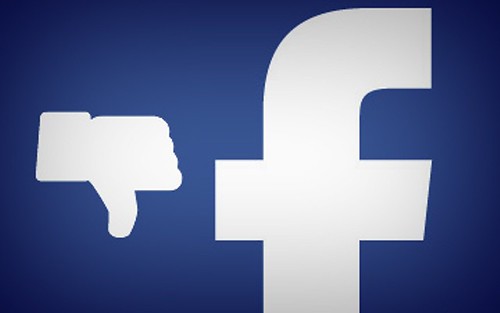 |
| Photo Credit: aka Quique |
How to Raise an American Adult by Ben Sasse (The Wall Street Journal)
"We all know the noun adult. But I was perplexed last year to hear the new verb to adult. In social media, especially on Twitter and Instagram, it birthed a new hashtag: #adulting. As in: “Just paid this month’s bills on time #adulting,” or “Decided I couldn’t watch Netflix 8 hours straight and went to the grocery store instead #adulting.” It even got a nomination from the American Dialect Society for the most creative word of 2015. “Adulting” is an ironic way to describe engaging in adult behaviors, like paying taxes or doing chores—the sort of mundane tasks that responsibility demands. To a growing number of Americans, acting like a grown-up seems like a kind of role-playing, a mode of behavior requiring humorous detachment. Let me be clear: This isn’t an old man’s harrumph about “kids these days.” I still remember Doc Anderson standing in the street in 1988, yelling at me to slow down as I drove through his neighborhood in our small Nebraska town. I was 16 and couldn’t stand that guy. Years later, when I had children of my own, I returned to thank him. Maturation."Teams in Mission: Are They Worth It? by David Sedlacek (The Exchange: Christianity Today)
"Teamwork has been a popular concept in missions theory and practice for decades, but there is a persistent sense among missionaries that teams may be more work than they are worth. Working alongside others, especially those of different cultures, is no easy task. It takes time, effort, and energy to work in a team, and it doesn’t always produce the fruit we look for. We’ve all heard this comment: our younger generation values teamwork, but the older generation doesn’t get it. Twenty-five years ago, as a member of the new generation of missionaries, I nodded my head in agreement. I thought, Yes, we value teamwork and the older generation doesn’t get it. Today, I am a member of the “older” generation. When I hear the familiar refrain, I’m tempted to respond, “Yes, the younger generation values teamwork, and we don’t get it.”"Don’t Let Facebook Make You Miserable by Seth Stephens-Davidowitz (The New York Times)
"Friends have always showed off to friends. People have always struggled to remind themselves that other people don’t have it as easy as they claim. Think of the aphorism quoted by members of Alcoholics Anonymous: “Don’t compare your insides to other people’s outsides.” Of course, this advice is difficult to follow. We never see other people’s insides. I have actually spent the past five years peeking into people’s insides. I have been studying aggregate Google search data. Alone with a screen and anonymous, people tend to tell Google things they don’t reveal to social media; they even tell Google things they don’t tell to anybody else. Google offers digital truth serum. The words we type there are more honest than the pictures we present on Facebook or Instagram."Reflections on the Meaning of Home by Scott Sauls
"Recently, our oldest daughter graduated from high school. To commemorate her accomplishment, Patti and I wrote her long Letters from Mom and Dad. In those letters, we walked down memory lane reflecting upon and getting nostalgic about her eighteen years of life. As we reminisced, it dawned on both of us that, while we gave the girl opportunities, we never gave the girl roots…at least not with respect to place. To date, she has lived in seven different homes and attended eight different schools in five different cities. Contemplating the quasi-nomadic upbringing that we imposed on our daughter, Patti wrote in her Letter from Mom, “I am so so so sorry…and you’re welcome.”
The “I’m sorry” part makes good sense. Moving of any kind is disorienting, especially in childhood. It uproots a child from friends, teachers, neighborhoods and familiar spaces. It digs a hole in the heart, uprooting and re-rooting like that. For better or for worse, our daughter’s story has become the same as mine. It’s a story with no lifelong friends or neighbors or houses from childhood. Instead, it’s the story of a traveler. What good could come from seven homes and eight schools and five cities in eighteen years? Why on earth would my wife feel compelled to say “You’re welcome” right after saying “I’m so so so sorry” to our daughter? I believe it’s because regret and hope don’t have to be mutually exclusive."A Theology of Race
Here's a helpful video from Jemar Tisby on what the Bible means when it refers to race or, more appropriately, ethnicity.

